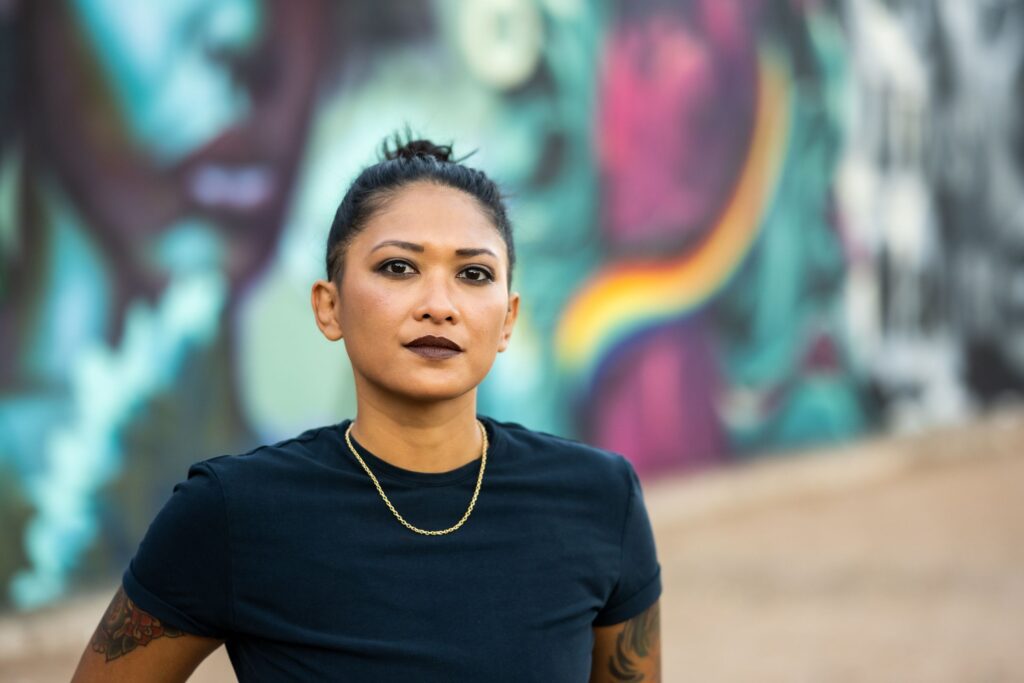AZ AANHPI for Equity is transforming the way communities and governments understand and shape public safety. Rooted in the philosophy of liberatory harm reduction, AZ AANHPI seeks to provide alternative models to the current status quo of the carceral state and end over-policing and over-incarceration that cycles harm and pain within our communities.
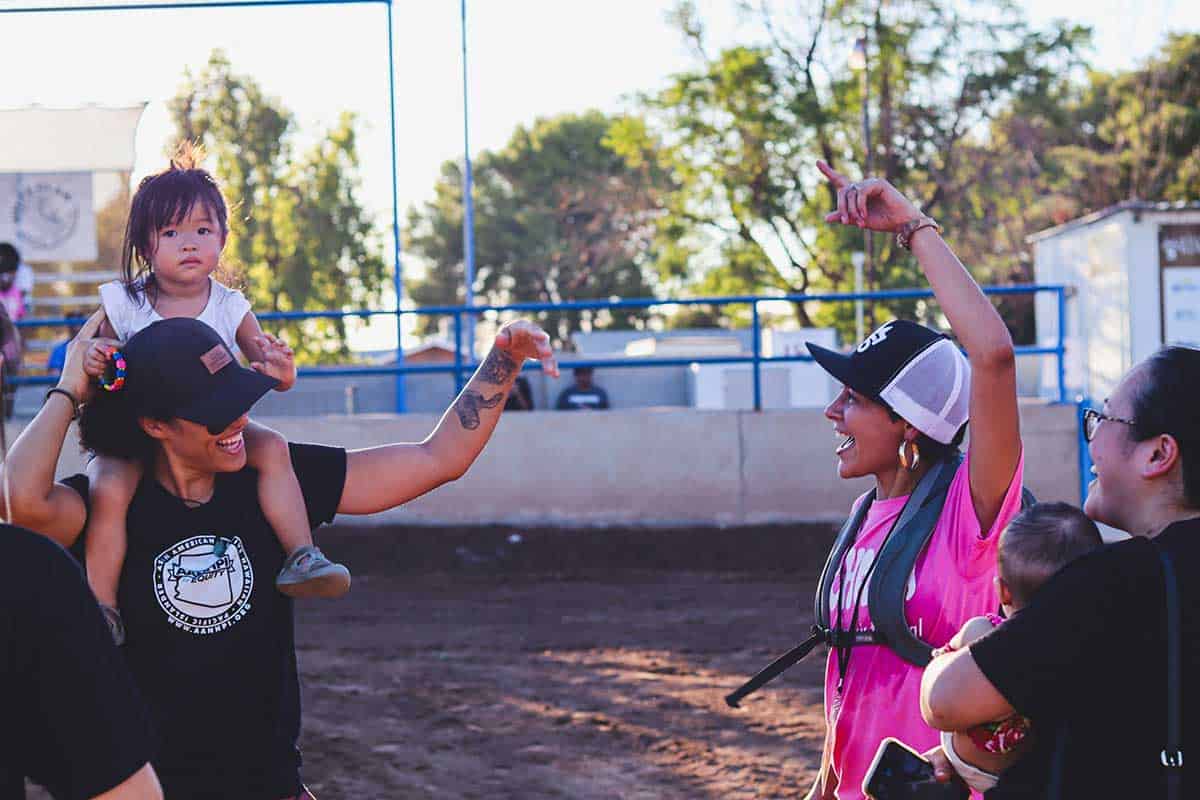
Through community programming and advocacy, we are building We Imagine Safety, a community-based public safety platform built on restorative and transformative justice principles, where communities find understanding, resolution, and accountability through collaborative dialogue and healing. We Imagine Safety’s five embodiments of healing include: liberatory harm reduction, family reunification, community-led futures, equity and inclusion, and restorative justice. Our rights restoration initiative Own Your Right 2 Vote will empower felony disenfranchised residents to be a part of the decision-making process.
Vision
We imagine an Arizona where safety is no longer defined by an oppressive carceral state, but rather grounded in community dialogue, trauma-informed care, and collective healing.
Mission
AZ AANHPI for Equity harnesses the visionary, healing power of our community to transform the way Arizonans define justice. We believe in the power of collective solidarity to reimagine and rebuild a public safety model rooted in community wellbeing. We aim to fuel policy change across Arizona, including in the areas of criminal justice, immigration, community development, and equity.
1. Liberatory Harm Reduction

We are working towards a society where we keep each other safe from harm through compassion and community-centered healing strategies.
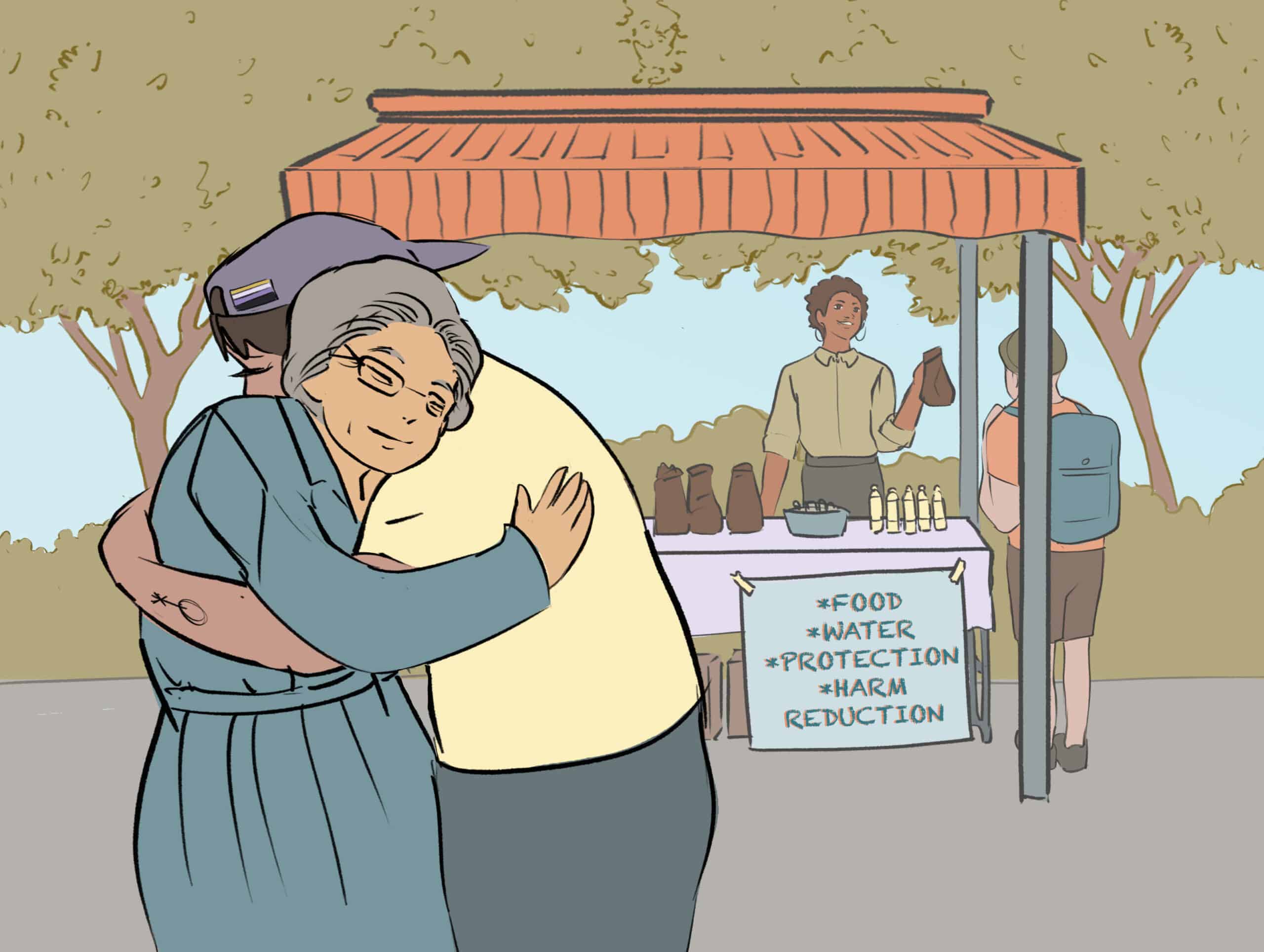
This is rooted in a philosophy known as liberatory harm reduction which “demands that there’s no one left behind, regardless of their behaviors, beliefs or mistakes.”¹ We believe in applying this compassionate approach to help survivors who have been harmed by our public health and criminal justice systems, including migrants, unhoused people, sex workers, drug users, queer and trans people, people with disabilities, and people impacted by incarceration. We want to meet people where they are, and aim to provide trauma-informed care, sensitivity, and understanding, as well as safe, inclusive spaces to fuel healing and help survivors build meaningful relationships, trust, and community grounded in radical love.
¹ Saving our own lives, Shira Hassan.
Safety is not criminalization.

In the current system, people are stigmatized and criminalized for trying to survive. People who survive off of the street economy, like sex workers, can be arrested and imprisoned simply for doing their jobs. Unhoused people often face criminalization simply for not having a home to sleep in. In many cases, the people who are most in need of support are burdened with unrealistic requirements in order to receive treatment, housing, or physical safety; our current public health model requires sobriety in exchange for services.
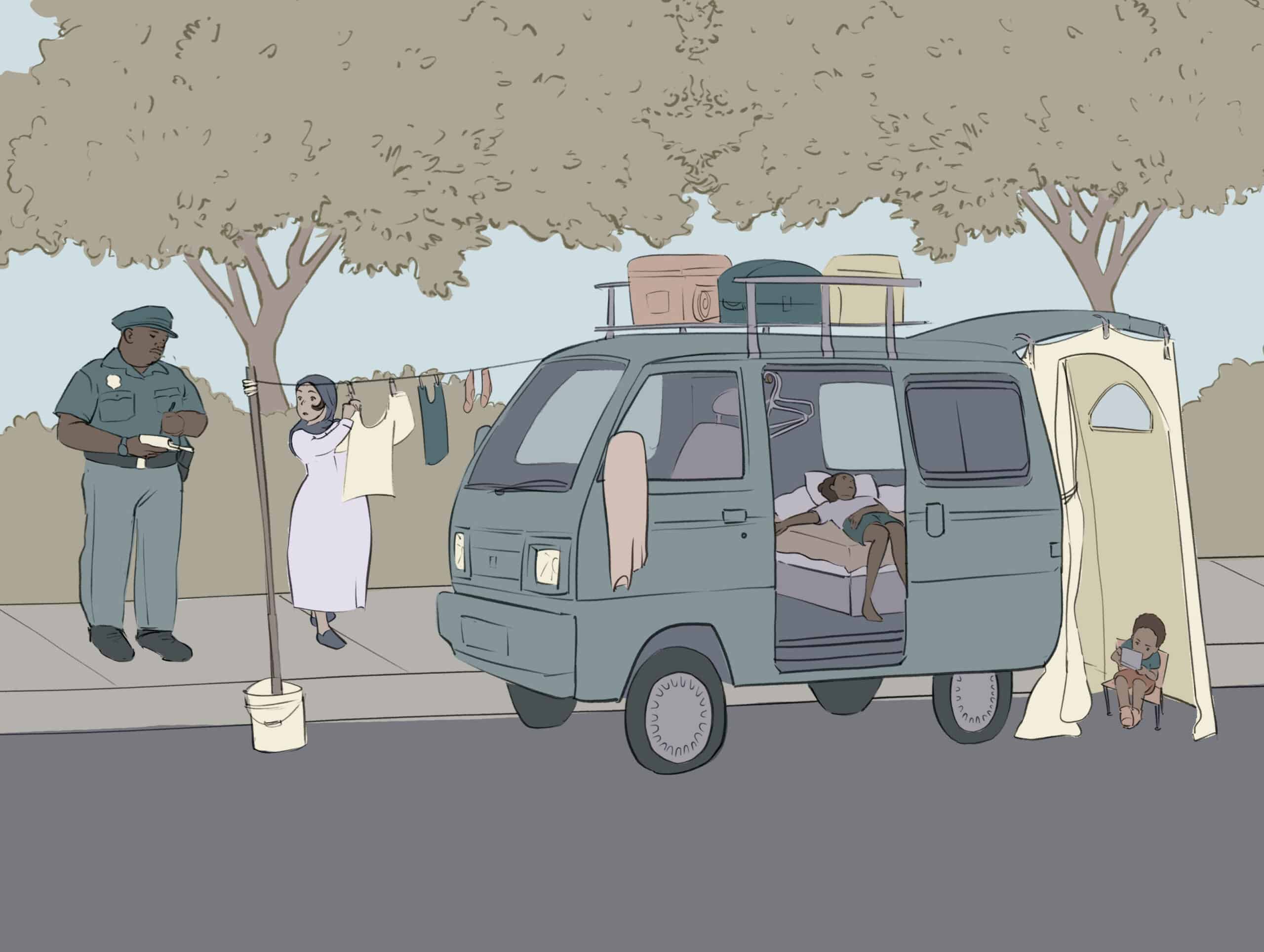
2. Family Reunification

We are working towards a society in which families can flourish.
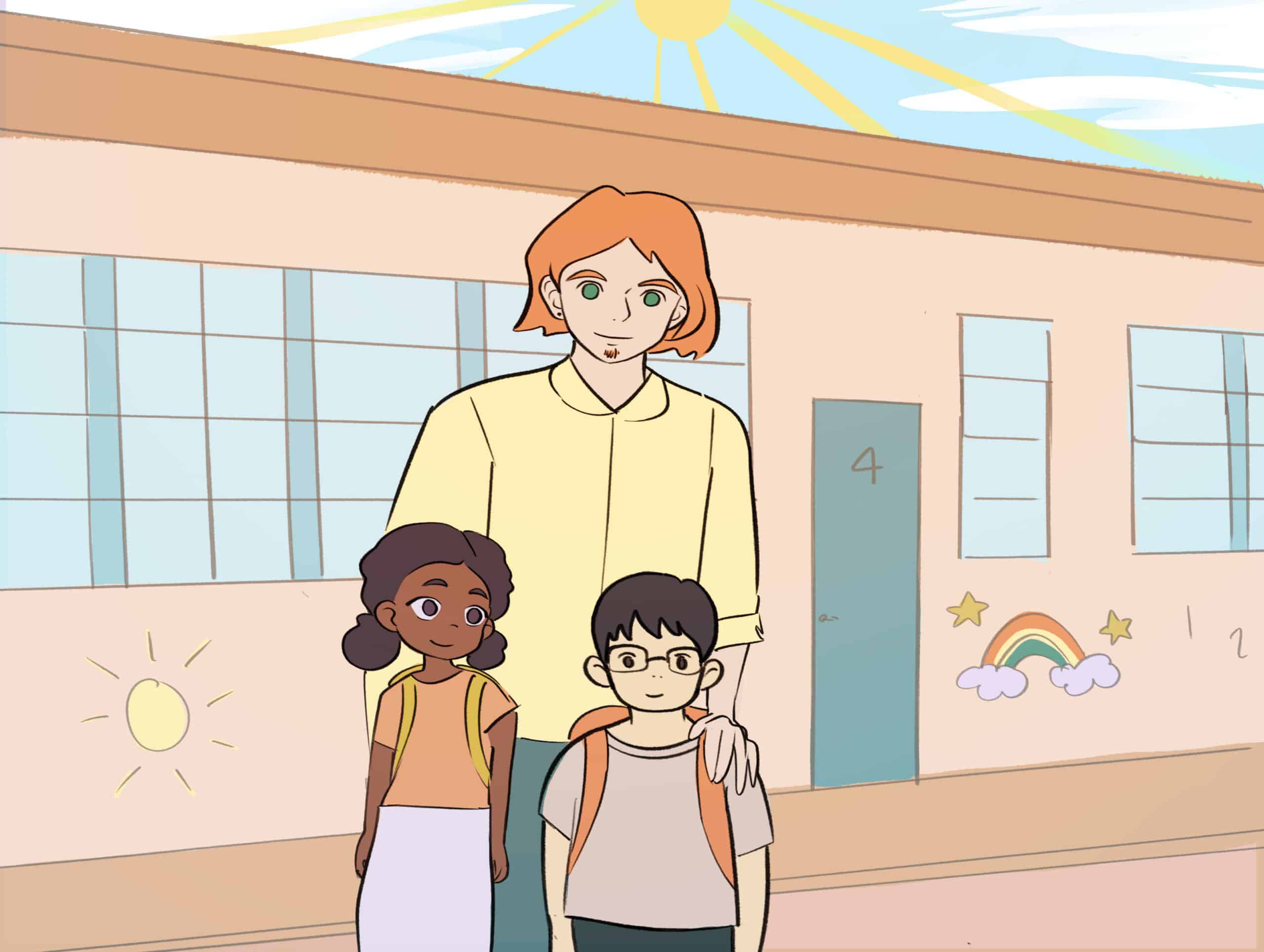
The right to have children and parent them within your culture as you see fit is a basic human right. The needs of families of color, families with various citizenship status, LGBTQ+ families, families with child services cases, and families from other marginalized groups should be listened to and met, not ignored and trampled upon. For example, we imagine that instead of separation, families seeking asylum at the border are met with compassion, given medical and mental health services, and evaluated in trauma-informed and developmentally appropriate settings. Policies and support systems should address the structural inequalities and systemic barriers families encounter, such as equitable access to healthcare, education, affordable housing, and social services.
Safety is not family separation.

Current narratives and policies are designed to tear families apart. Our immigration system normalizes family separation; children are left to navigate terrifying, harmful, prison-like facilities around the country — alone. Likewise, over-policing and mass incarceration leads to families of color being separated over crimes of survival and poverty, filling foster homes with traumatized children when they could be at home with their parents. The conservative “Families First” narrative marginalizes diverse family structures, including single-parent families, blended families, LGBTQ+ families, or chosen families. By marginalizing these families, the narrative perpetuates stigmatization, discrimination, and a lack of support for those who do not fit within the hetero-white supremacist mold.
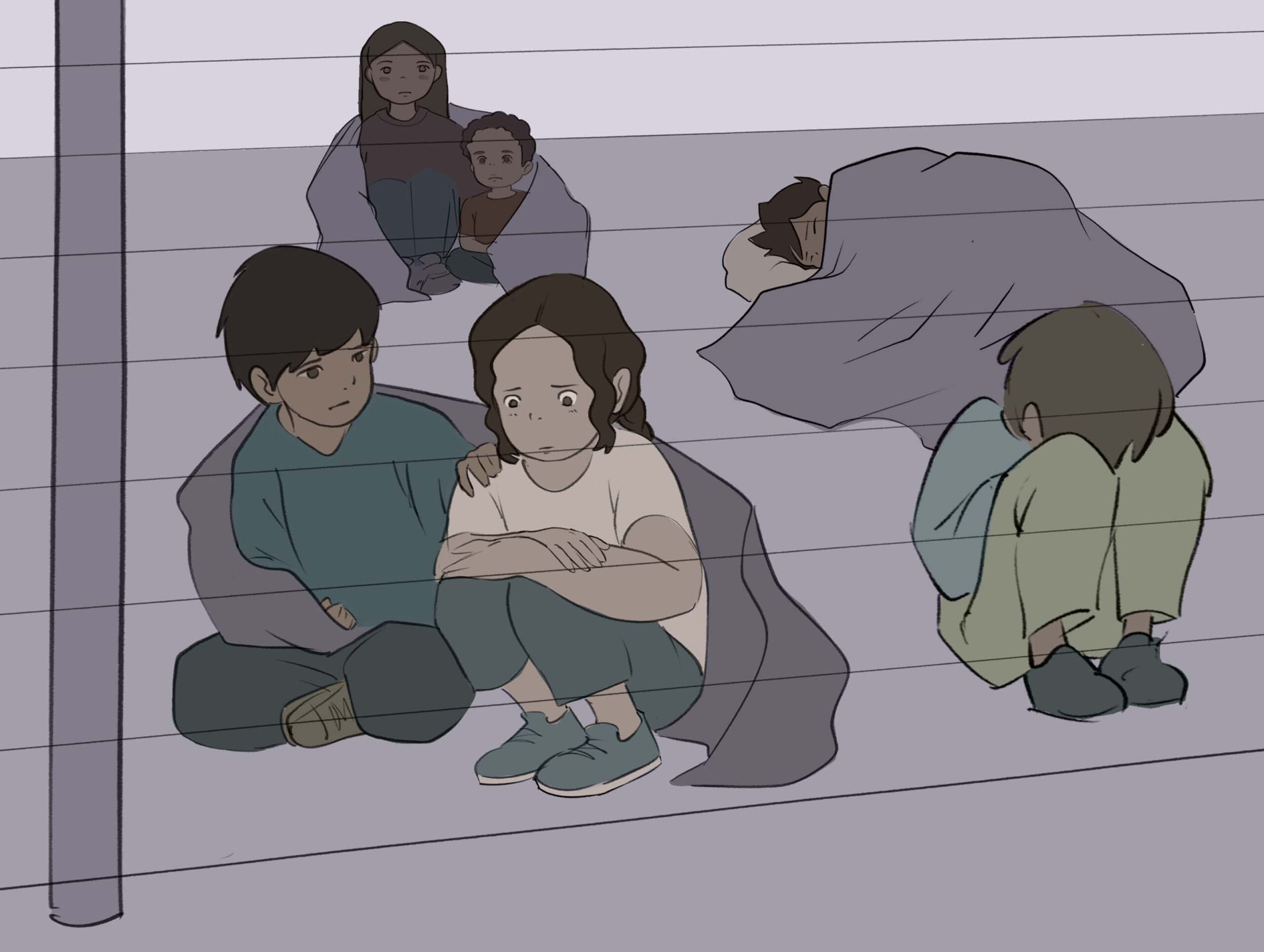
3. Community-Led Futures

We are working towards a society in which “development” is community-led and community-focused.
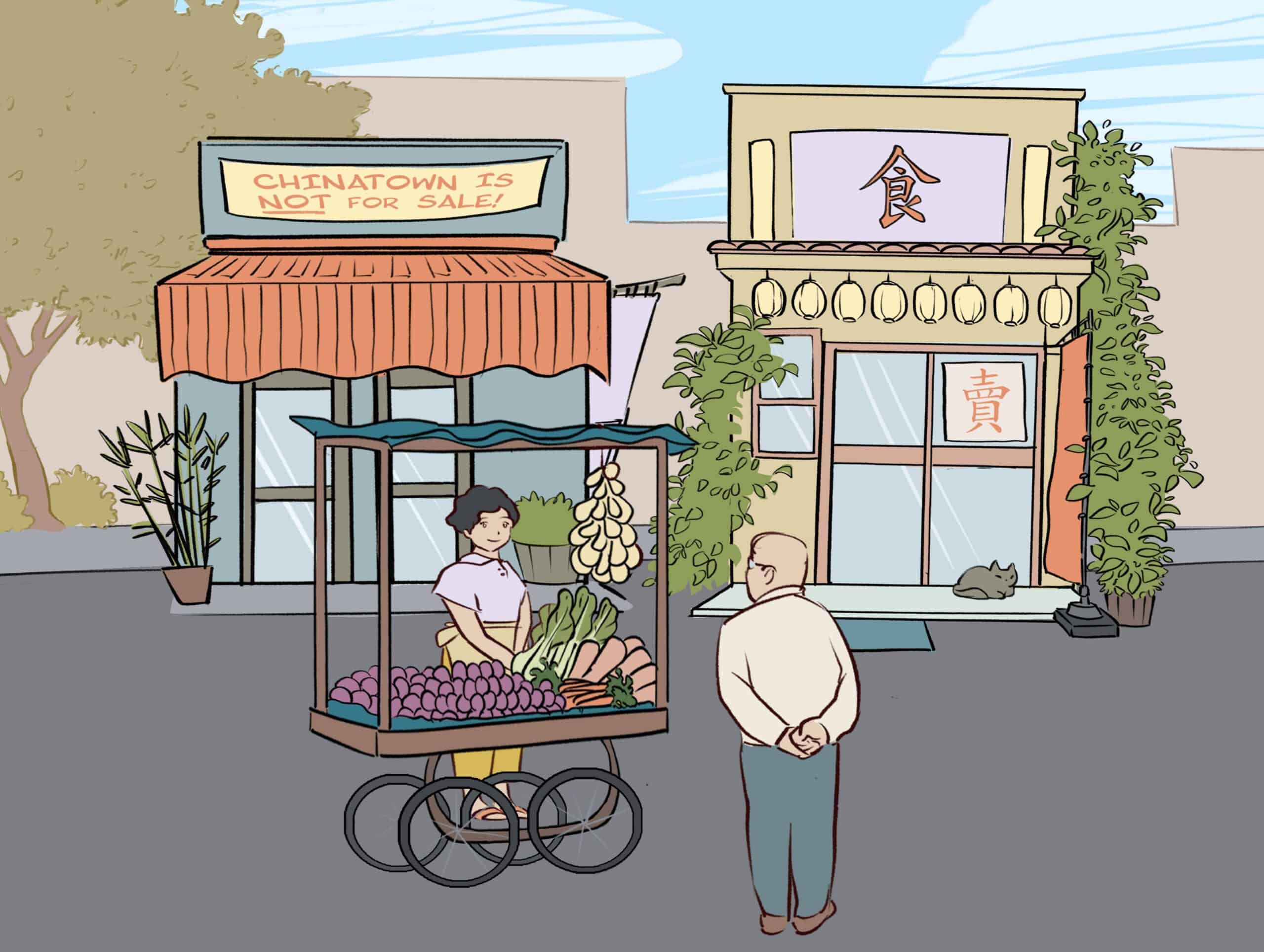
Community-led development empowers local residents and community organizations to play a key role in decisions that impact their livelihoods. We believe in community investment, which looks like prioritizing affordable housing, social services, and infrastructure while preserving community and culture. We believe in investing in social services and community-focused infrastructure, including schools, parks, public transportation, and small businesses. We believe in protecting and expanding affordable housing through strategies like rent control, mixed-income housing, inclusionary zoning, and community land trusts, which can help preserve affordable housing stock.
Check out our previous work advocating for community-led futures through our campaign Don’t Get Pucked Outta Tempe.
Safety is not gentrification or displacement.

The development of working communities by corporations and wealthy individuals from outside of the community, known as gentrification, marginalizes and displaces existing lower-income community members and communities of color by raising property values and the cost-of-living in neighborhoods. This process often comes with increased policing at the expense of poor people, unhoused people, and people of color. It prioritizes economic profit over community-oriented development.
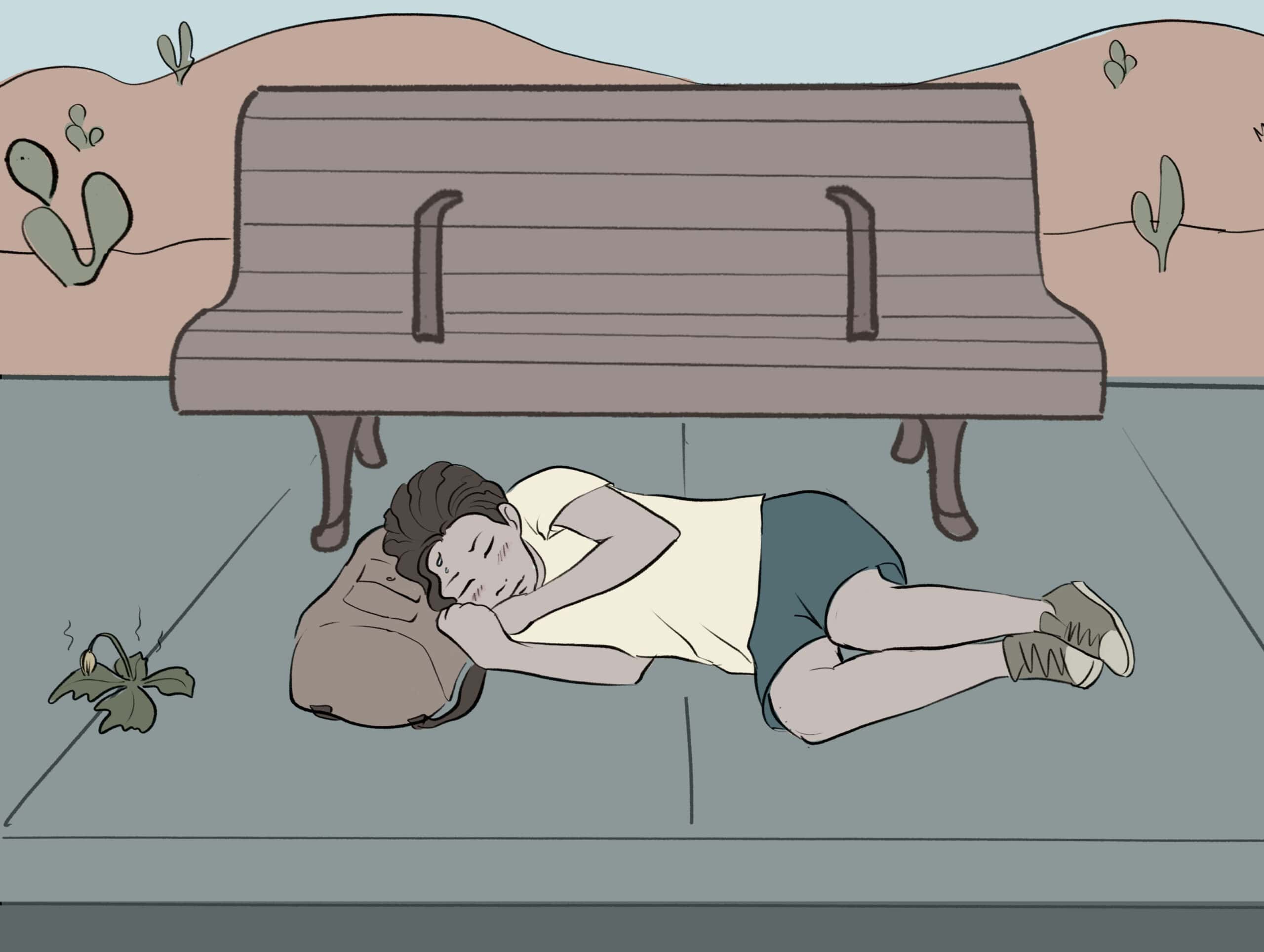
4. Equity & Inclusion for All

We are working towards a society in which biases and discrimination are challenged, instead of accepted as the norm.
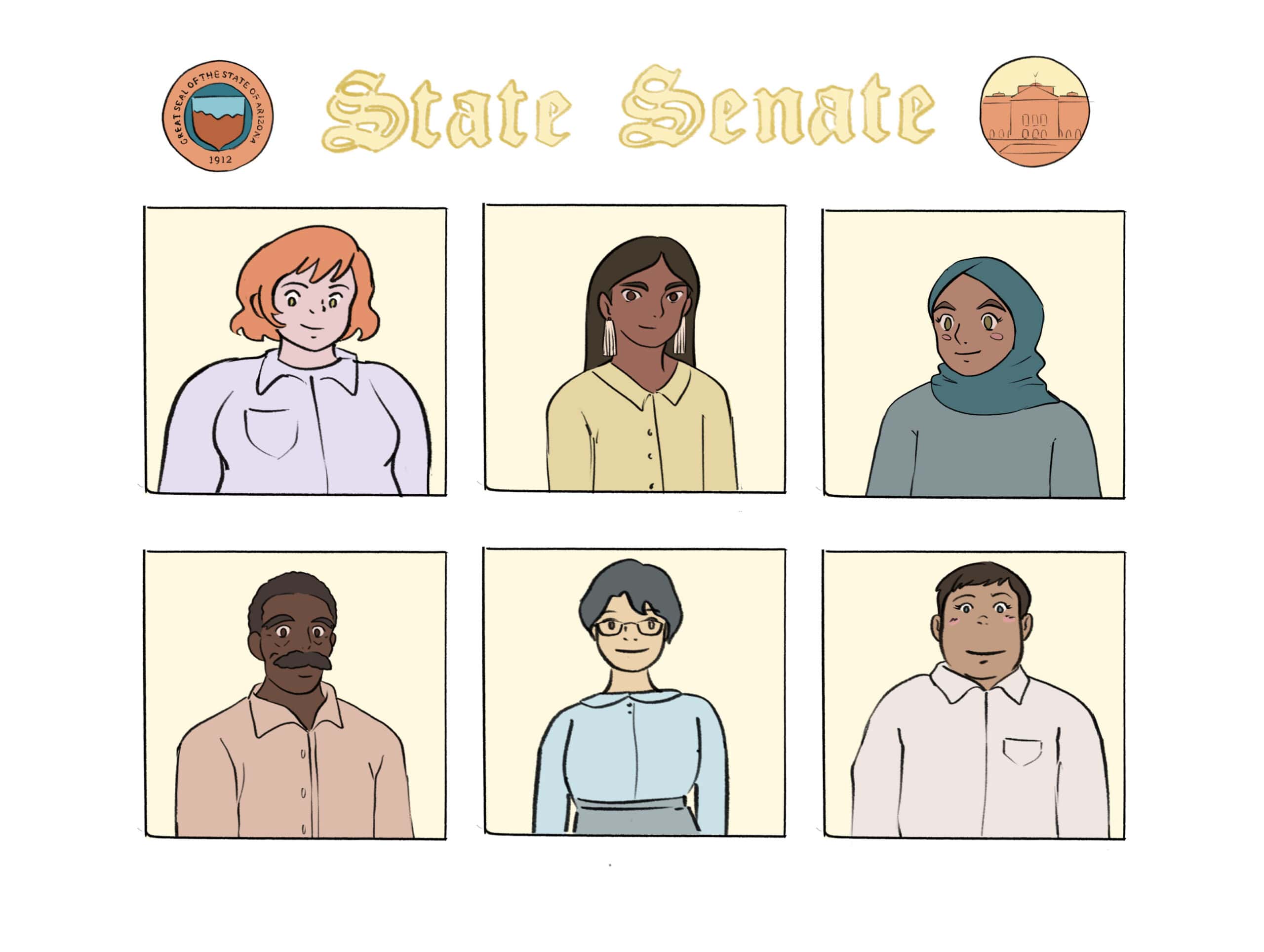
We envision a society where lawmakers craft policies that meet the needs of historically marginalized communities, not exclude them. We strongly believe in the power of embedding anti-bias training, anti-racism principles, and diversity education (including race, ethnicity, gender, religion, sexual orientation, gender expression, disability, socioeconomic and educational background) into policymaking systems. We advocate for individuals in decision-making positions, including state legislators, and city officials, to receive bias-informed training and education in order to ensure that each individual, regardless of their identity, can feel safe and flourish. We believe in a world where everyone is treated with respect and dignity, and where everyone’s human rights and civil rights are upheld.
Safety is not allowing biases to shape public policy.

Recent waves of legislation are rooted in deep biases, and harm marginalized groups who have had to endure decades of bias and hatred. In 2023, over 400 anti-trans bills were introduced, completely outlawing or severely restricting the right of trans adults and children to receive healthcare, play sports, use public accommodations like bathrooms, and express themselves freely. Additionally, critical race theory, which aims to educate students on racial bias, has been banned from many school curriculums, and book bans in schools and libraries across the country threaten to limit education critical to fighting biases.
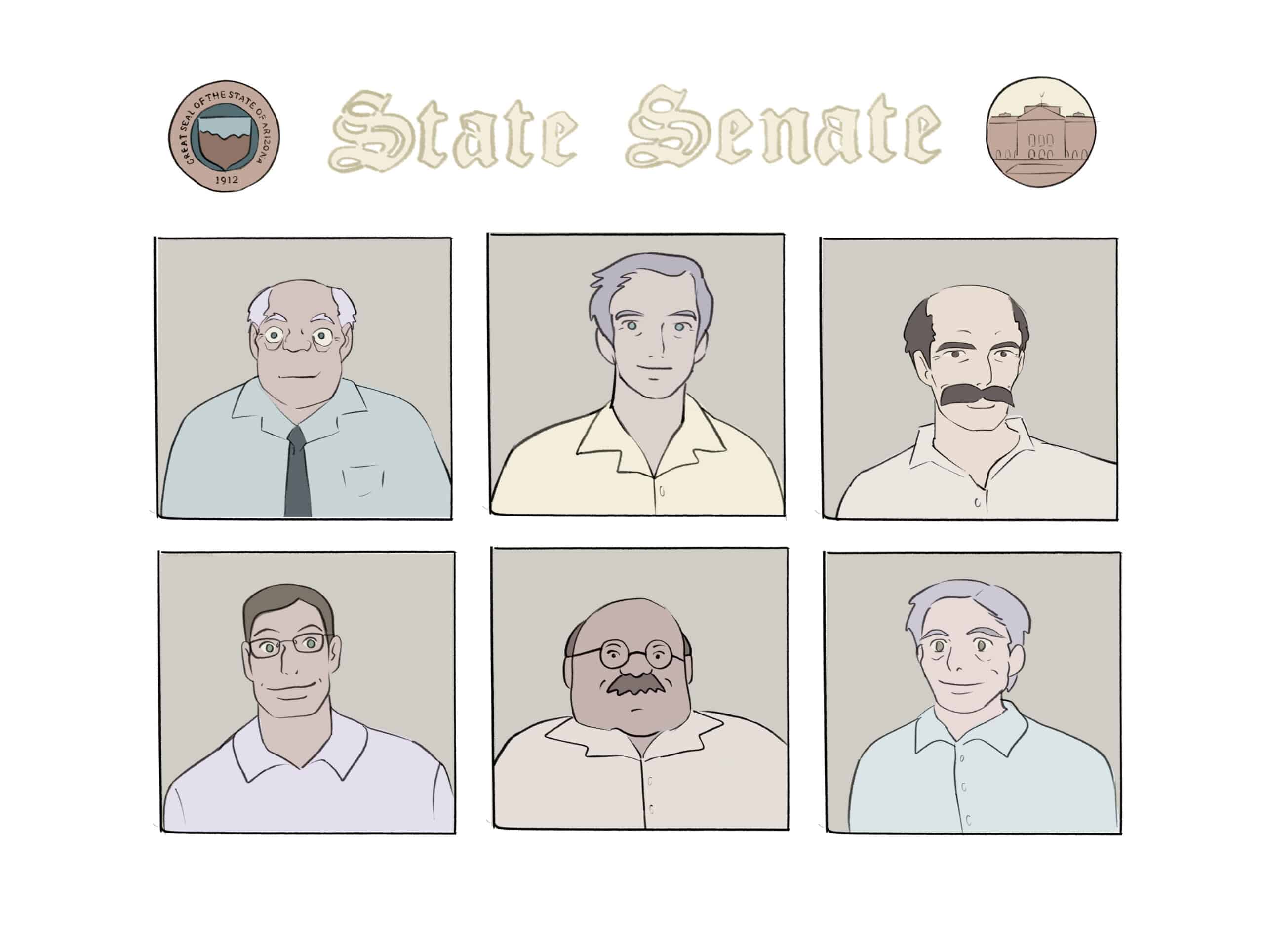
5. Restorative Justice

We are working towards a society in which justice is restorative and transformative.
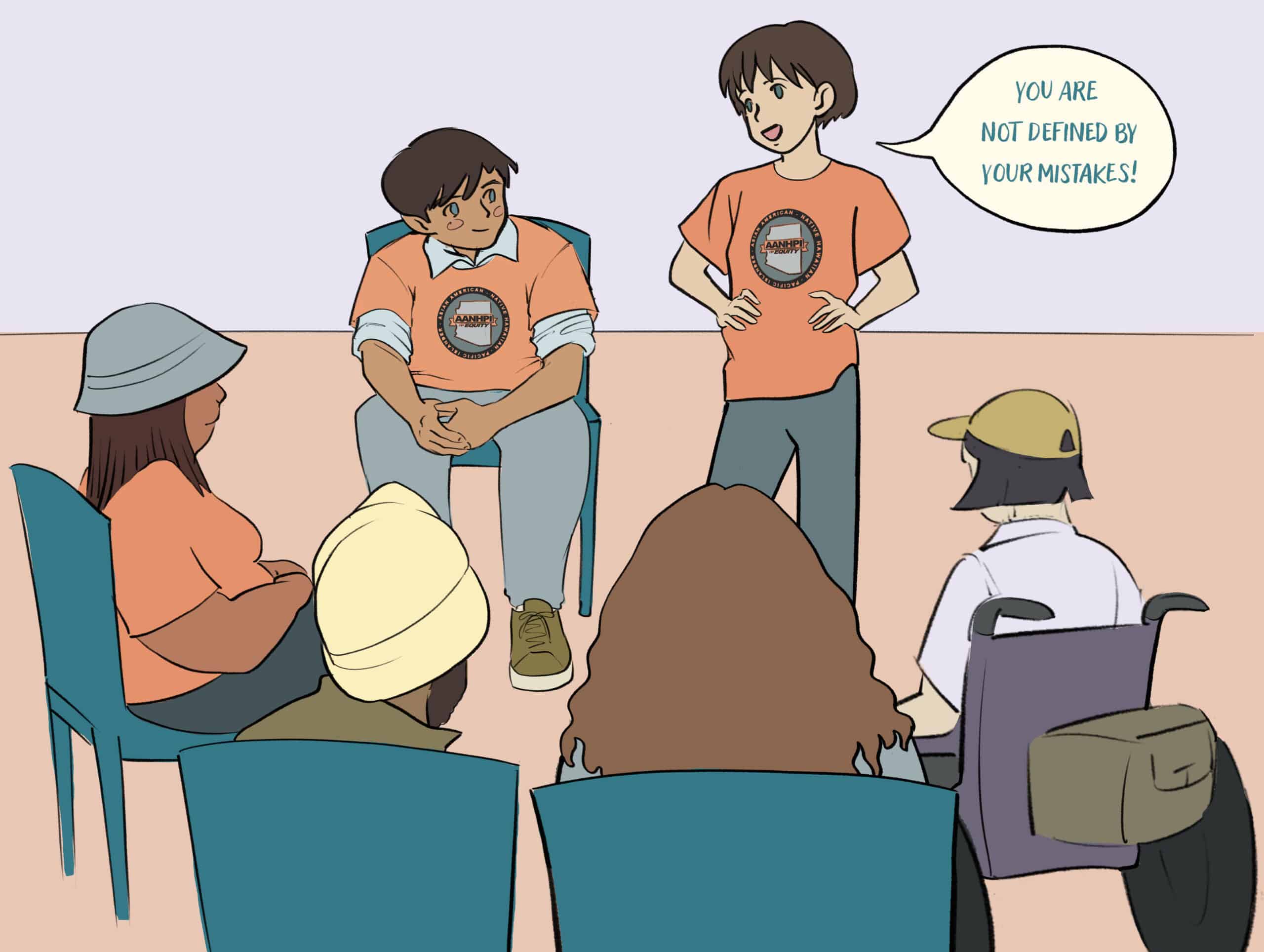
We believe in restorative justice, where people directly impacted by injustices and community members can come together with individuals who caused harm to find understanding, resolution, and accountability without cages. We believe in treating everyone with humanity and dignity, and in providing safe spaces for individuals impacted by incarceration to heal and restore their rights, and for community members who have been historically marginalized to learn about avenues towards civic engagement and empowerment. We seek to build community safety, accountability, and healing outside of current state systems. We believe that it is necessary to begin working towards frameworks that reduce harm and limit cycles of violence. We recognize that state systems (like prisons, foster care, and ICE detention) are rooted in oppression. Ultimately, we believe in the power of our community to reimagine and transform the way we define justice.
Safety is not punitive and does not limit rights.

Our current punishment and incarceration systems, including the immigration system, are inhumane. Arizona has the 8th highest incarceration rate in the world, with harsh mandatory minimum laws that imprison non-violent offenders for long periods of time. Our state is notorious for terrible living conditions in its jails and prisons, where people have died due to negligence and abuse.This infrastructure is often built to maximize corporate profit, while the peoples’ tax dollars — over $1 billion per year — go towards caging people for crimes of poverty and survival instead of rehabilitation, treatment, education, housing, or other forms of social support. In most cases, people in jails, prisons, treatment centers and sober living are excluded from exercising their rights to vote, or are not provided with the tools and access to do so.
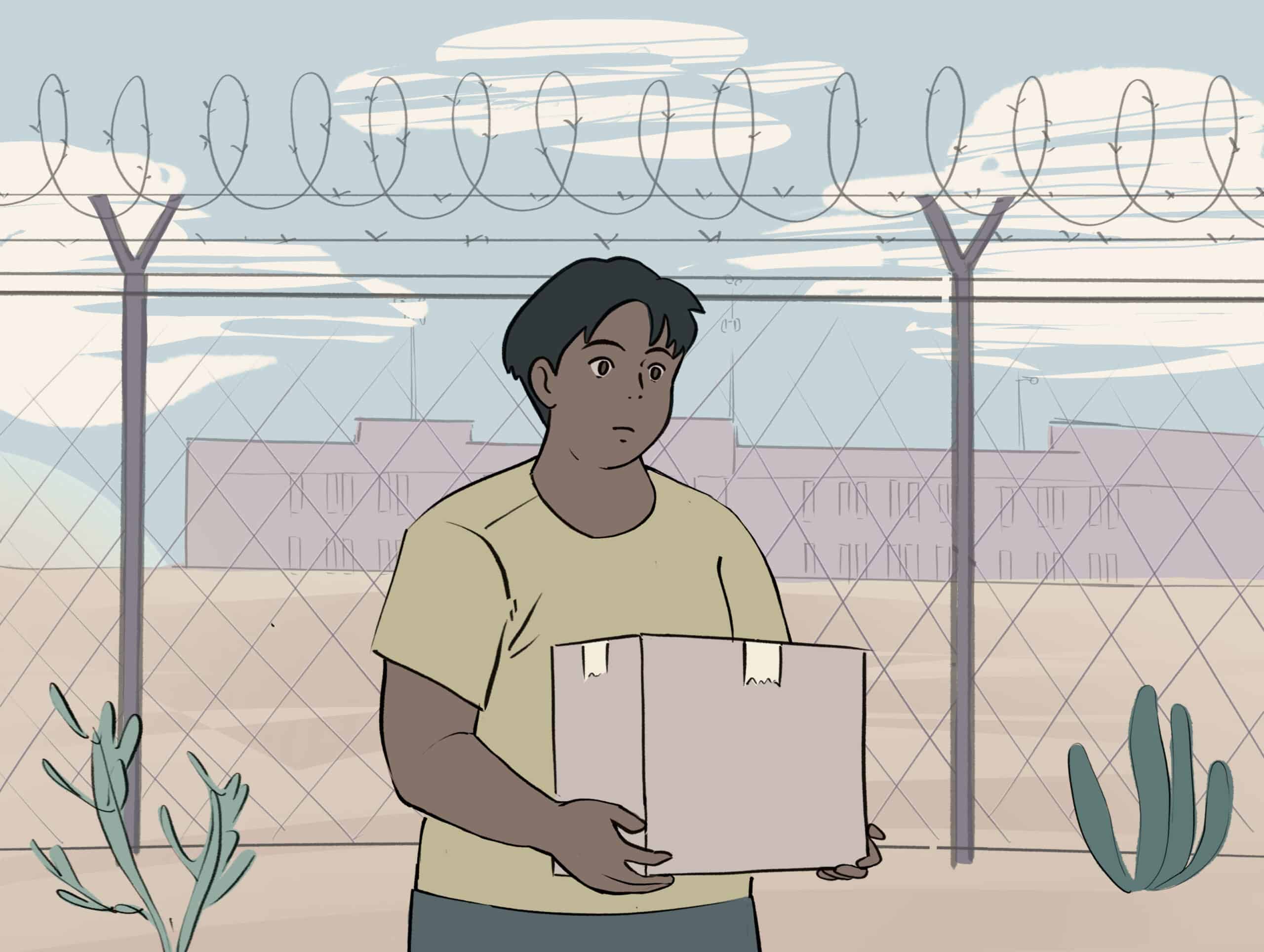
Own Your Right 2 Vote
Arizona is one of the most difficult states to navigate when it comes to rights restoration for formerly incarcerated people. For many Arizonans seeking to restore their rights after conviction and/or incarceration, the process can be extremely long, complicated, and overwhelming.
AZ AANHPI for Equity seeks to support those impacted by felony disenfranchisement through our rights restoration program. Help us uplift your voice and make sure your needs are heard!
What is felony disenfranchisement?
What are common barriers to rights restoration in Arizona?
How do I begin the rights restoration process in Arizona?
(1) been discharged from your sentence, including probation and parole AND
(2) paid off any court-ordered restitution from the conviction.
